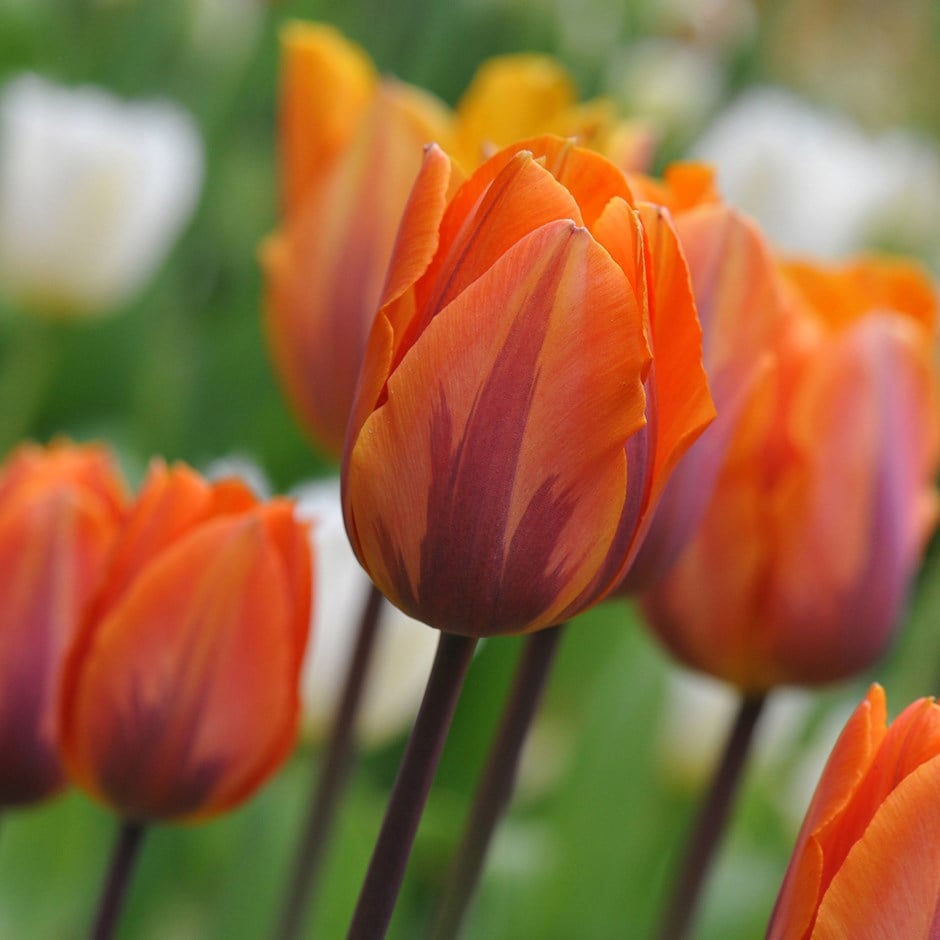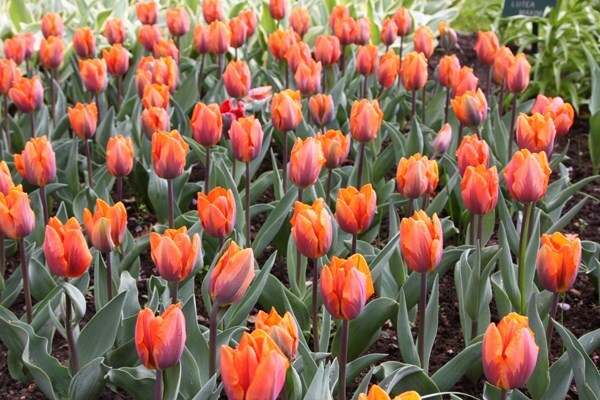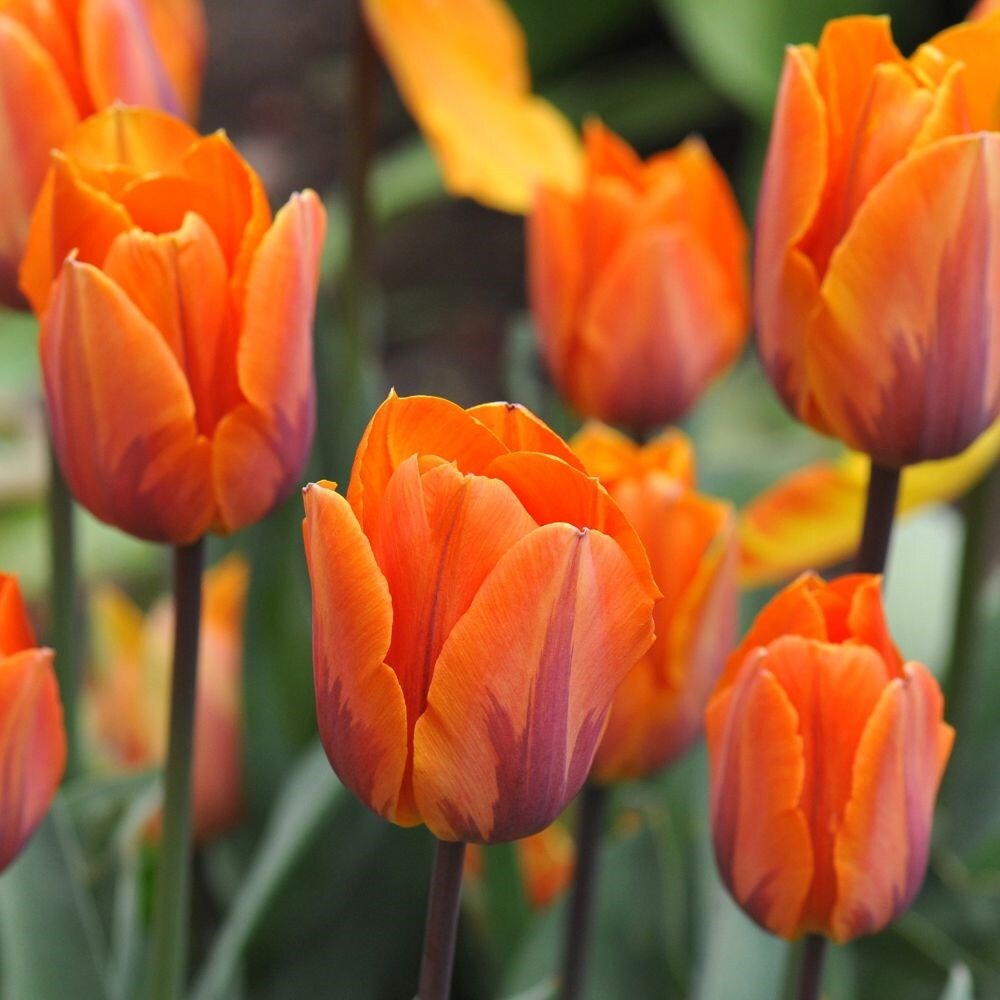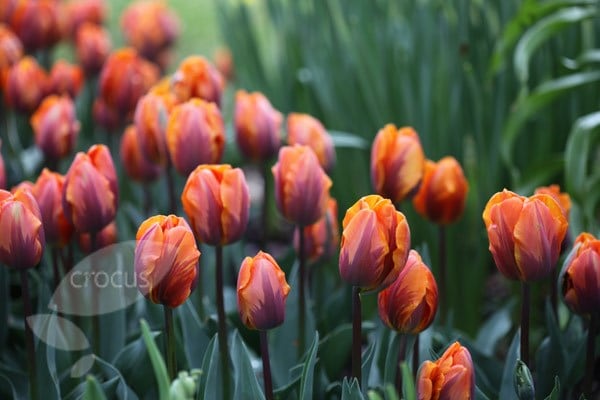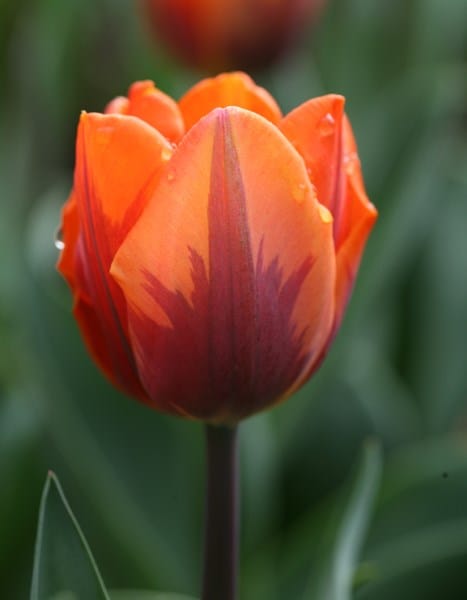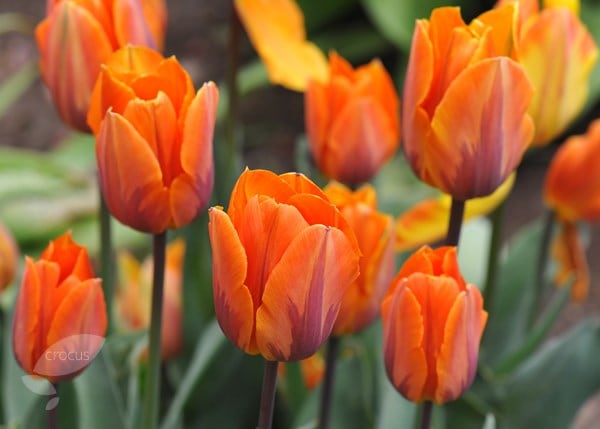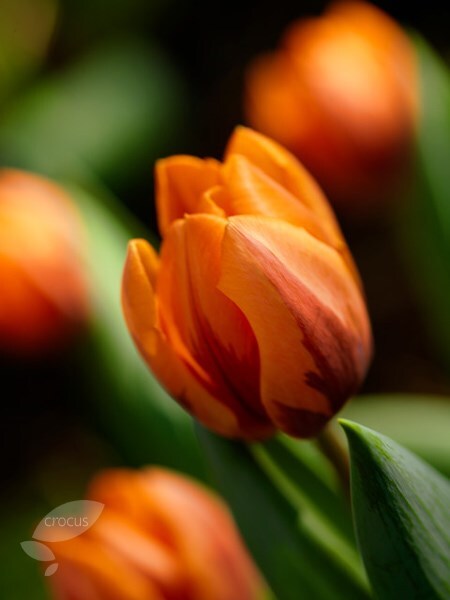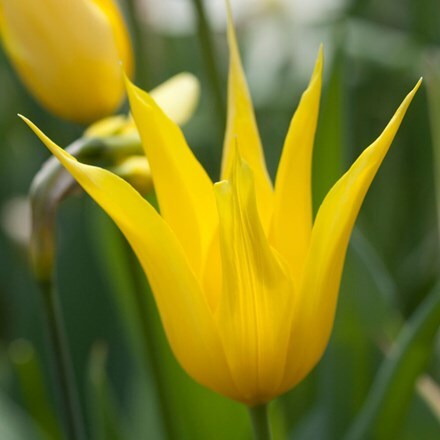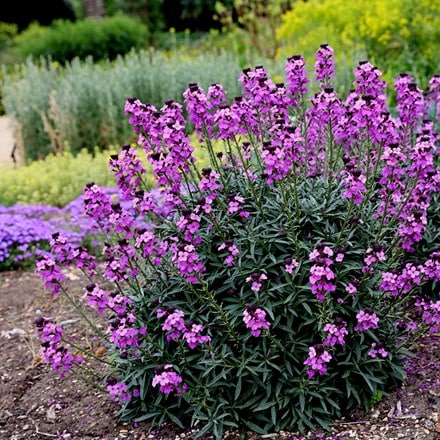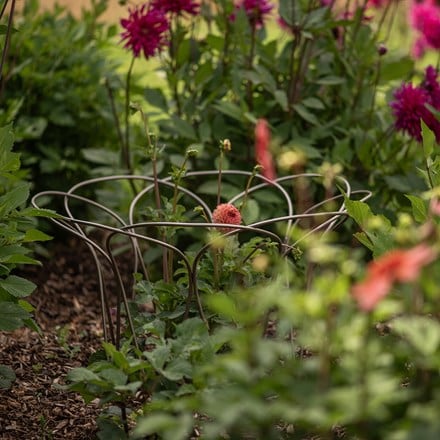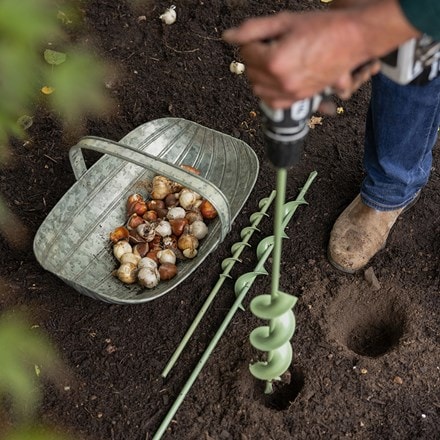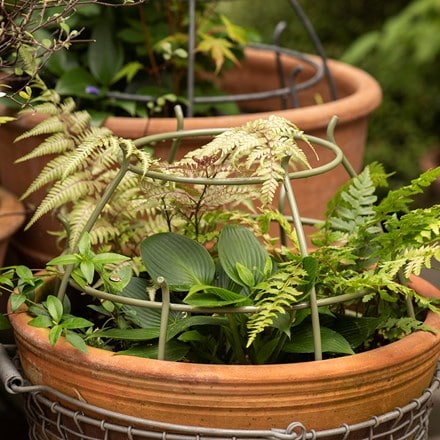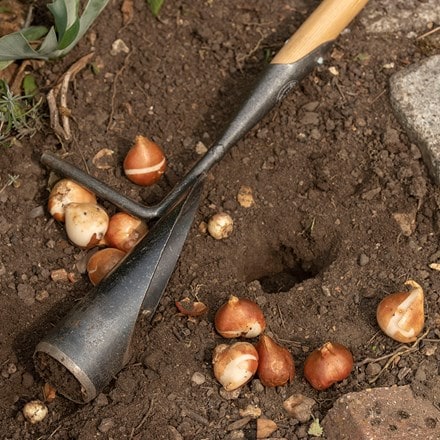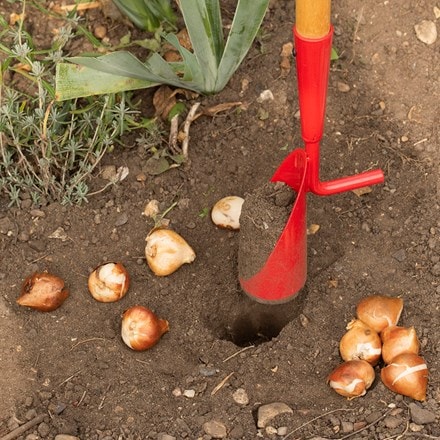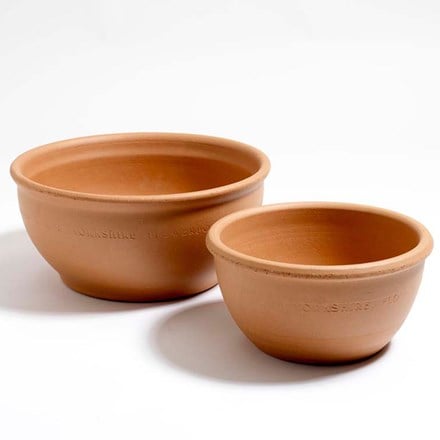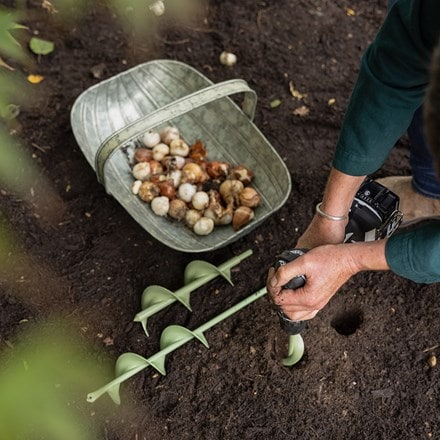Tulipa 'Prinses Irene'
triumph tulip bulbs
- 10 × bulbs
- £6.79 £7.99
- shipped within 2 weeks
- 30 × bulbs
- £18.91 £22.25
- shipped within 2 weeks
- 12cm pot | 5 per pot
- £8.99
- available to order from spring 2025
- 2 + 1 FREE 12cm pots
- £17.98 £26.97
- available to order from spring 2025
Delivery options
- Bulbs (only) £4.95
- Position: full sun
- Soil: moderately fertile, moist but well-drained soil, or general purpose compost for containers
- Rate of growth: average
- Flowering period: April
- Hardiness: fully hardy
- Bulb size: 11/12
Named after a Dutch princess, this variety was first introduced in 1949. It has pale orange petals that are flushed with purple and are sweetly scented. Their short, sturdy stems make them ideal for growing in windy or exposed positions and they rarely get flattened by heavy spring downpours.
Using fresh, good-quality compost, plant bulbs in pots from September to November. For borders, we advise waiting until after the first frosts (typically mid-October to early December depending on your location) to reduce the risk of potential disease such as Tulip Fire. Plant bulbs 15-20cm (6-8in) deep and 10-15cm (4-6in) apart in fertile, well-drained soil. Alternatively, allow 7-9 bulbs per 30cm sq or 60-75 bulbs per m². If you’re unable to plant your bulbs immediately, they can be stored in a cool environment with good air circulation. Remove all the packaging and place them in a loose-weave jute sack before labelling and hanging up in a dry, unheated garden shed or well-ventilated greenhouse.
In spring, when the plants are in active growth, apply a high-potash fertiliser (like Tomorite) each week until the leaves start to die back. Pinch off the spent flower heads as the petals fall, and let the stem and foliage die back naturally. The bulbs can then be lifted and discarded, or cleaned, dried and stored (as before) for replanting the following autumn.
In spring, when the plants are in active growth, apply a high-potash fertiliser (like Tomorite) each week until the leaves start to die back. Pinch off the spent flower heads as the petals fall, and let the stem and foliage die back naturally. The bulbs can then be lifted and discarded, or cleaned, dried and stored (as before) for replanting the following autumn.
- Humans: Harmful if eaten; skin allergen; Pets: Ornamental bulbs - not to be eaten
